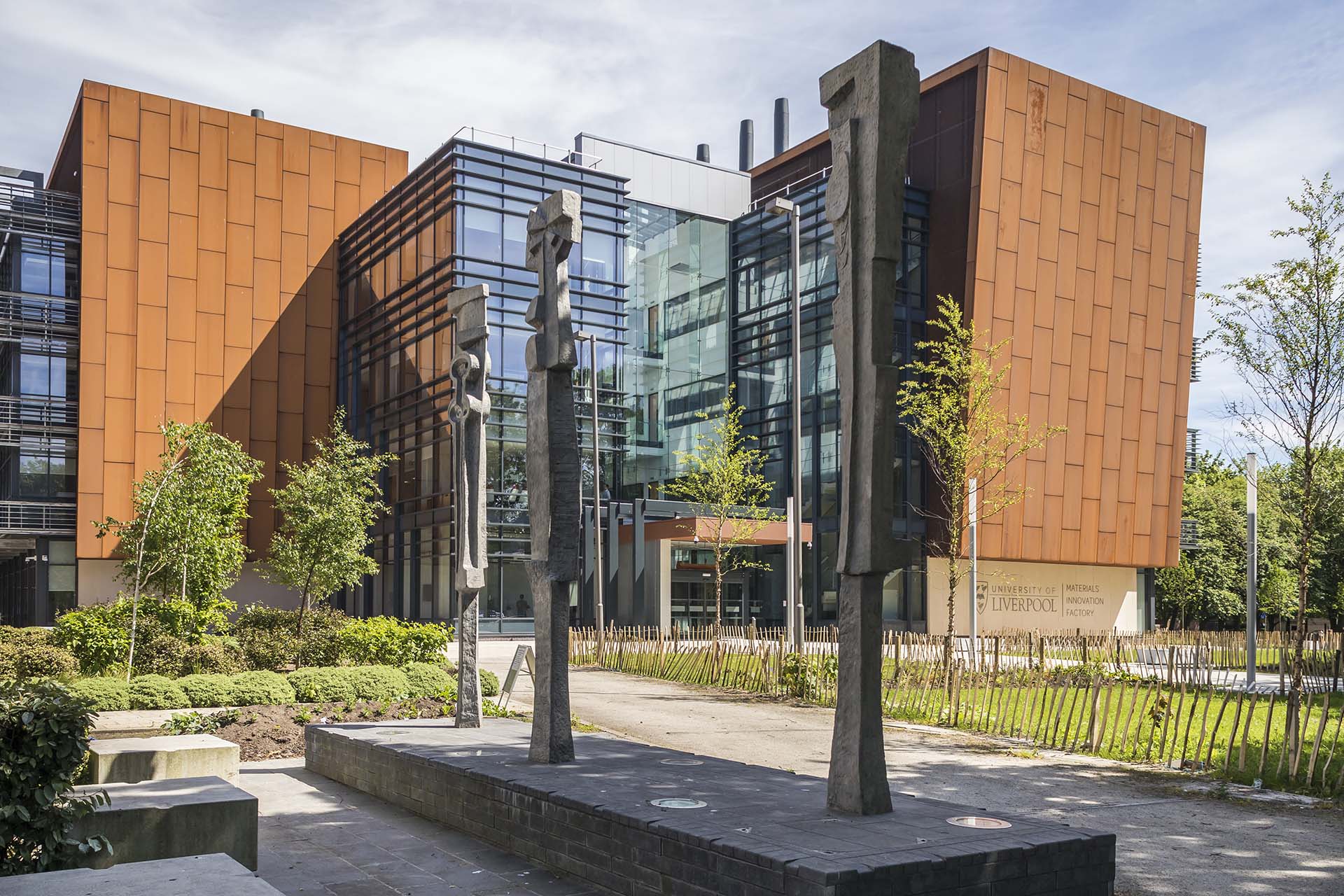Committed to fostering the most innovative R&D team in the industry, Unilever joined forces with the University of Liverpool in 2017 to found the award-winning Materials Innovation Factory (MIF)
The MIF is a state-of the-art facility that enables innovation ecosystems to unlock faster routes to scientific discovery through data and robotics.
The challenge
Unilever R&D’s mission is to innovate boldly for people and planet, using leading-edge science and ground-breaking digital technologies to deliver purpose-led innovation with sustainability at heart - and the MIF plays a key role in Unilever's next generation capability development.
By taking advantage of one of the highest concentrations of automated equipment for materials chemistry anywhere in the world, Unilever is using MIF’s leading-edge tech to build its innovation capability, improve resilience and increase speed, value and competitive advantage.
The solution
The ability for robotic testing and analytics to generate robust and reproducible data significantly faster than traditional methods frees up researchers’ time from repetitive lab work and unlocks more time to focus on the next generation of new ideas.
Unilever has already used the MIF in this capacity, with its Home Care division accessing one of the facility’s most advanced robots to develop laundry products that meet diverse consumer needs in a number of markets around the world in a matter of days and weeks, instead of the usual months.
With robots running 24/7 and capturing data centrally as they go, information is instantly available to all R&D staff globally, allowing Unilever to apply data and digital technology to deliver extraordinary products, services and experiences to market, with speed.
Benefits
Utilising MIF facilities and expertise has also allowed Unilever to branch out beyond new product formulations into emerging areas of scientific research, such as the human microbiome. This has paved the way for Unilever to launch a ground-breaking toothpaste, Zendium, built around the oral mouth microbiome. It’s next generation oral care that targets bad bacteria without harming the good.
The open-innovation approach championed by MIF partners is also driving progress on some of Unilever’s key sustainability commitments, such as plastics, leading Unilever to redesign the material used within some of its shampoo bottles to generate a 25% reduction in plastic waste. Unilever is also pioneering leading-edge research, alongside MIF academics, into innovative new materials with a range of sustainability uses.
The Materials Innovation Factory is a pivotal tool in the competitiveness of our R&D. It enables speed and agility and is a catalyst for digitising R&D across Homecare and Beauty and Personal Care. We have seen the rate at which we generate intellectual property using the facility jump in recent years. We expect that to accelerate further as the capability develops in partnership with the University of Liverpool.
Jon Hague, Vice President of Science and Technology for Unilever’s Homecare business
Back to: Digital innovation with the University of Liverpool
